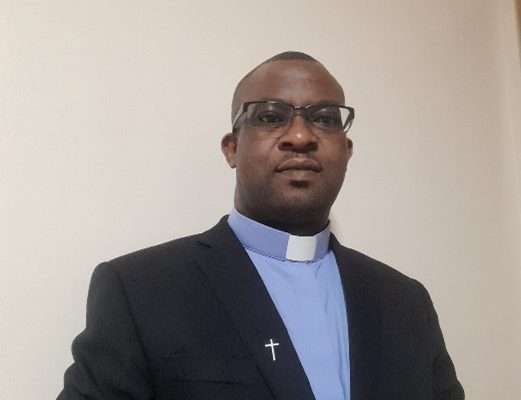- 2022-01-06
2021 was not an easy year as many people struggled to cope with the complications that COVID-19 continued to assert into the world. Economies were affected especially in Africa where many people continued to eke a living as recovery continued to happen painstakingly since 2020 when the disease hit us. According to the World Bank in Africa, the virus has so far pushed over 40 million people into extreme poverty. Most of Africa struggles with weak health systems and services, and it was a no-brainer that the virus was going to have devastating impact on the world’s most promising continent.
It will take much time for full recovery to happen in Africa as she lags in important facets of recovery. Low vaccination rates due to limited resources, for instance, mean that vulnerable people have been largely unable to benefit. This means that containment measures such as limited movement and gatherings remain in place in many places. People have been losing lives, income, and others have had their health deteriorating owing to COVID-19 infections.
Young people comprise over 70% of Africa’s population, and they suffered greatly, and they are still suffering from this pandemic. Income opportunities have greatly reduced. The education sector has been affected with programmes disrupted and slowed down. Taking the example of Kenya, a crash programme was adopted with minimal time to rest for students which means little time for parents and guardians to prepare relevant items such as fees and learning material in good time. The same pressure is also being felt by teachers. This situation is the same in many African countries.
These situations have emotionally impacted young learners and we must be cognizant of them as we engage with them. We cannot overlook the possibility of mental issues increasing because of the arising new challenges worsening the already existed challenging situations to all. If anything, many young people are distressed by unusual pressures added to the usual challenges they face as they pursue identity and purpose in life. We must pay closer attention to youth and increase our frequency and opportunities of engagement with them. Yes, as parents, guardians, and caregivers, we must double our efforts to attend to material needs of the children and young people but also and more importantly spend time with them, listen to them and guide them to face responsibly their challenges. As all of us and the whole world face a moment of uncertainty, fear, confusion, and trauma, young people need us more than ever.
A AJAN, como rede, está se concentrando em envolver os jovens em seu mundo. Esta edição da AJANews de dezembro de 2021 apresenta os esforços criativos dos jovens na conscientização sobre o combate ao HIV / AIDS na Libéria, por meio de formas engenhosas, como conversas no rádio, programas sob a coordenação da Igreja Católica da Santíssima Trindade em Monróvia. Em Madagascar, o Centre Arrupe Madagascar (CA MDG) está se concentrando na conscientização sobre a violência de gênero entre os jovens. Por isso, empreendeu 16 dias de ativismo contra a violência de gênero que é um dos fatores de disseminação do HIV. O Centre Catholique Universitaire - CIEE / CCU de Bangui (República Centro-Africana) envolve as atividades juvenis para erradicar as desigualdades e prevenir a propagação do HIV na República Centro-Africana. O secretariado da AJAN, por seu turno, junta-se à fraternidade prisional de Nairobi (Quénia) para celebrar o Natal.
Este processo de envolver os jovens na busca de soluções, conscientização, defesa contra questões como violência, desigualdades, combate a pandemias, etc. capacita os jovens com habilidades importantes para capacitá-los a passar pela vida com poder. Convidamos você a ler esta edição para obter mais detalhes, compartilhe-a e dê-nos seus comentários.

